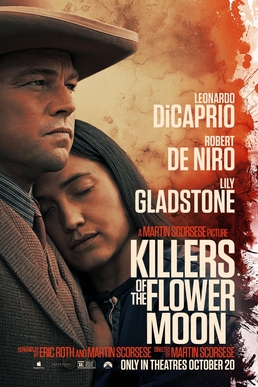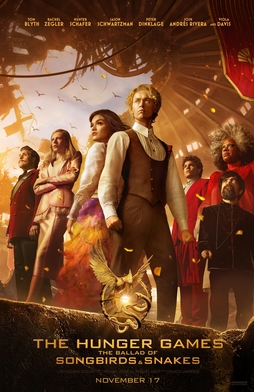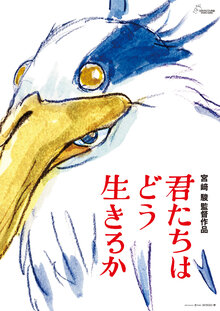Kleiners’ Italy: “Calcio” (Soccer)
“The Mister” is six feet tall, a tad overweight, elegantly dressed, and never lets himself be seen without his aviator sunglasses. He is the proprietor of a local bar as well as the head coach of the APDO ‘98 football team. While he takes the club enormously seriously, he is rarely less than a half-hour late to practice. This often means he is entering the locker room just as some of the bored players are either insulting him behind his back or wrestling in their underwear on the floor. He is never bothered by this. He simply sits down on the bench and moves on to talking to the team about more important matters such as the previous match and tactical changes to be made before the next one. After 10-45 minutes of such discussion the team heads down to the field to train. On the way down, the team passes the shack of La Societa, where two men are usually sifting through folders and filling out documents. Based on the pure mass of paperwork present on the shelves, one can already tell that that the stifling Italian bureaucracy has reached the football pitch.
In many European nations, governments spend millions of euros to develop their youth football systems in order to improve their national teams and leagues. For example, Germany, for the last 10 years, has invested a fortune into youth development, which has helped the national side win the World Cup. This is the same case in Italy, except on a slightly smaller scale. Because of this, many clubs and football schools are sponsored by the national federation, and in some cases even affiliated with a local professional club (in the case of APDO, the tie is to AS Roma).
Down at the pitch, the Mister either has the team do fitness, tactical drills or scrimmages against other APDO teams. He often tries to plant ideas into players’ blains by making them run the same passing plays or moves over and over again as the rest of the team stands and watches. He also likes, somewhat hypocritically, to send players who have shown up late without an excuse (traffic jam, too much homework etc) to do a few runs around the field.
Come game-time, the Mister sheds his fancy clothes – to don an APDO tracksuit- and with them his even temper. The moment the match begins he is screaming instructions from the bench and is often seen falling to his knees and rolling on the ground following tough plays. As if the Mister’s histrionics weren’t enough, the parents in the tribuna also begin to rave as well, singing chants and yelling at the ref to give the opposing team’s players yellow cards. This strategy seems to work quite well as ammunizioni are given very often by the young refs. In fact, one weekend APDO’s starting keeper was given a red card for a cynical tackle in the area just 30 seconds into the match. Unsurprisingly the Mister was also ejected for arguing with this decision. He then simply walked around the pitch to the tribuna and from there instructed the players by calling them over and calling the assistant coach’s cellphone to tell him what substitutions to make.
After practices and games, all the players walk up the hill and stuff themselves into one of the locker rooms in the complex. After about ten minutes, the room has already assumed the stench of the many cigarettes smoked by the boys combined with the smell of shampoo coming from the showers. After all the cigs have been stuffed down the drain, the Mister comes in and congratulates the team but warns that lot of work still needs to be done before the next match.




